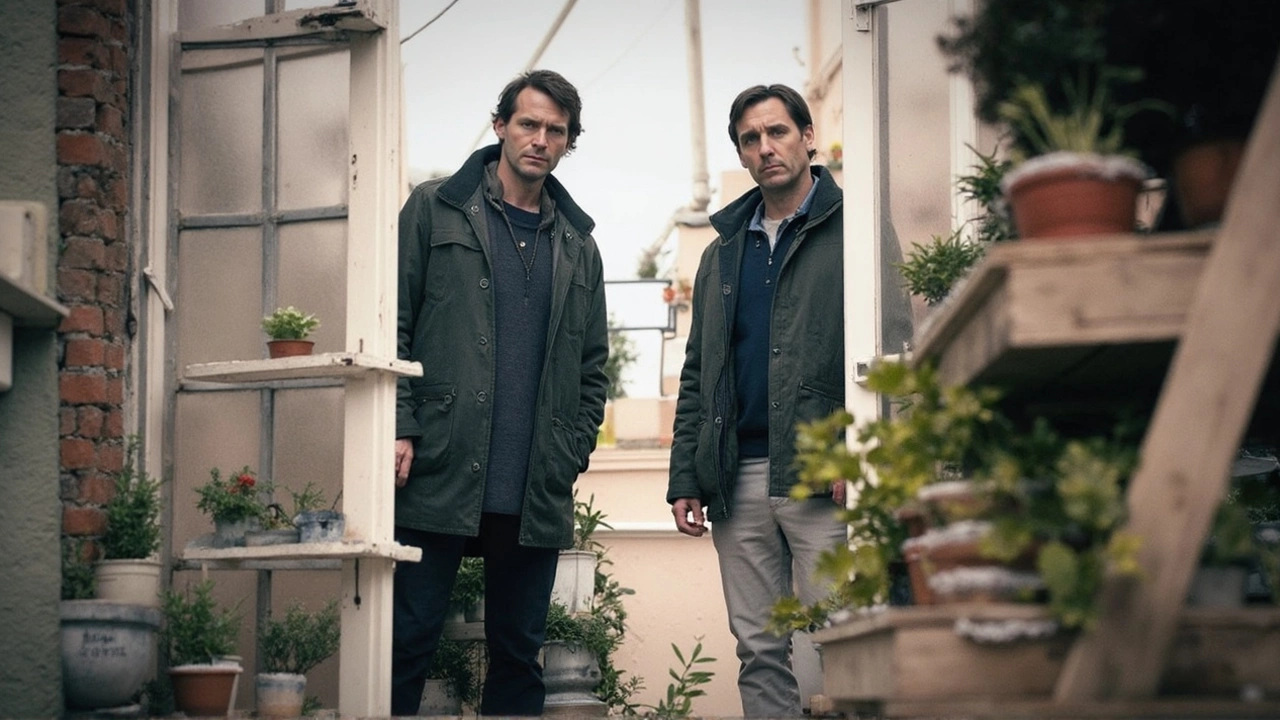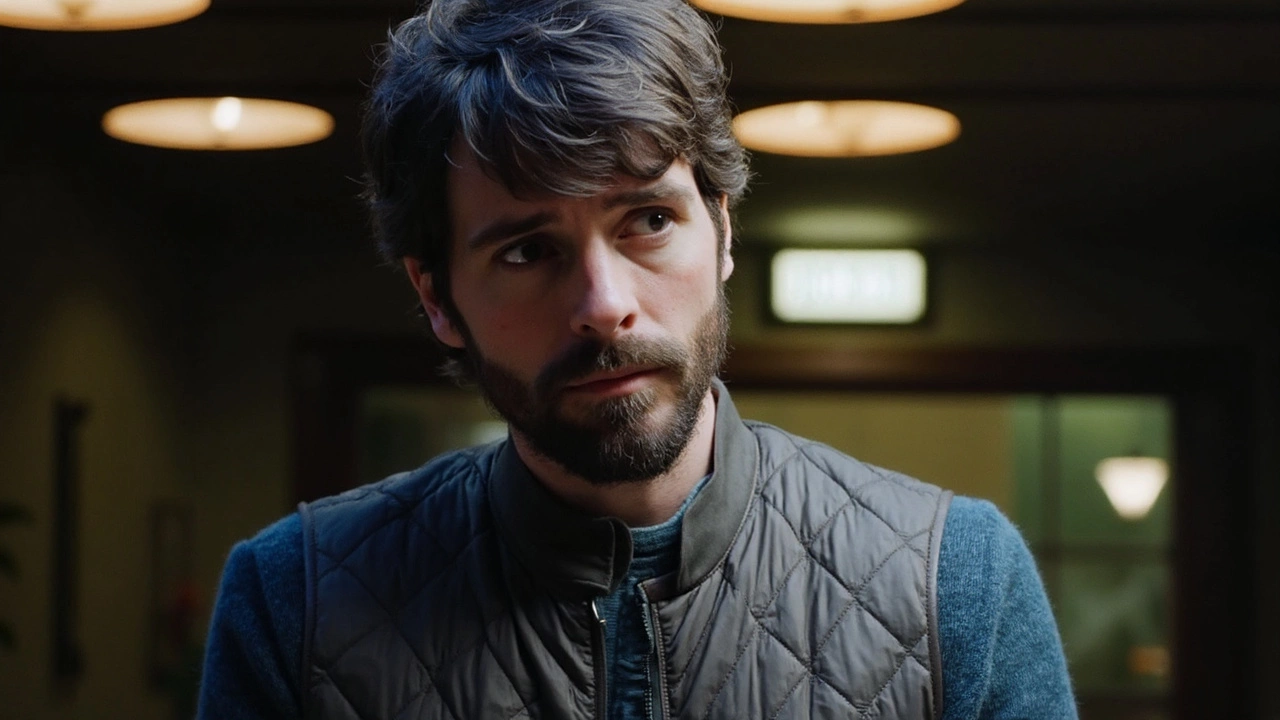
Matthew Goode Elevates Netflix’s Dept. Q
If you’re craving a slow-burn crime drama that’s more about bruised personalities than car chases, Dept. Q has you covered. Netflix’s new series puts Matthew Goode in the battered shoes of Carl Morck, a detective who’s seen better days. After a raid goes south, leaving one colleague dead and another paralyzed, Morck is barely holding it together. His bosses shove him into Department Q, a backwater cold case unit, hoping he’ll either rediscover his edge or retire in defeat.
Goode isn’t just playing your classic misanthropic cop—his Morck is prickly, pissed off, and always five seconds from biting someone’s head off. But when he bickers with his therapist, Dr. Rachel Irving (Kelly Macdonald), you see flashes of a man who still gives a damn, even if he’d never admit it. Those therapy sessions simmer with sarcasm and vulnerability, punctuated by Goode’s dry wit. It’s a reunion with director Scott Frank, who brought his sharp touch from "The Queen’s Gambit" to adapt Jussi Adler-Olsen’s bestselling novels into a tightly wound nine-episode mystery.

Deep Dives, Dark Secrets, and Reluctant Heroes
Morck doesn’t go it alone, though. Akram Salim (Alexej Manvelov) joins the unit as his quietly attentive partner. Salim’s approach couldn’t be further from Morck’s: he’s meticulous, calm, and patient—a perfect counterweight to Morck’s chaos. Rose (Leah Byrne), the ambitious analyst, bridges the gap, keeping the detective duo from coming entirely unglued. Their target? A four-year-old case involving Merritt Lingard (Chloe Pirrie), a prosecutor who vanished with barely a trace. Lingard’s story unfolds in grim flashbacks, where viewers are trapped alongside her as she endures isolation and psychological games that twist the knife with every new episode.
The narrative alternates between gritty police procedural and Lingard’s claustrophobic ordeal. As the team follows up old leads, battles office politics, and juggles their own emotional baggage, Lingard resurfaces as something more than just a victim—she’s piecing together her own puzzle from the shadows. Watching these perspectives collide amps up the suspense and keeps every episode tense.
No streaming drama is immune to the occasional drag, and Dept. Q does stumble with pacing now and then—some threads take their time to tie up. But when the storyline locks in, it’s riveting. Chemistry between Goode and Manvelov gives the show heart; their byplay is sharp, and sometimes funny in spite of the darkness hanging over every scene. The supporting cast doesn’t phone it in, either—Jamie Sives delivers a haunting turn as Morck’s wounded ex-partner, adding emotional weight to Morck’s struggle with PTSD.
The season wraps up the missing prosecutor’s mystery in a satisfying way, answering the big questions while teasing future cases on Morck’s desk. Goode’s gruff delivery—"I was a policeman today. First time in a long time."—lands perfectly, summing up everything Dept. Q gets right about reluctant heroes in a broken system. This isn’t just another detective show; it’s a character-driven puzzle box that rewards patient viewers at every turn.